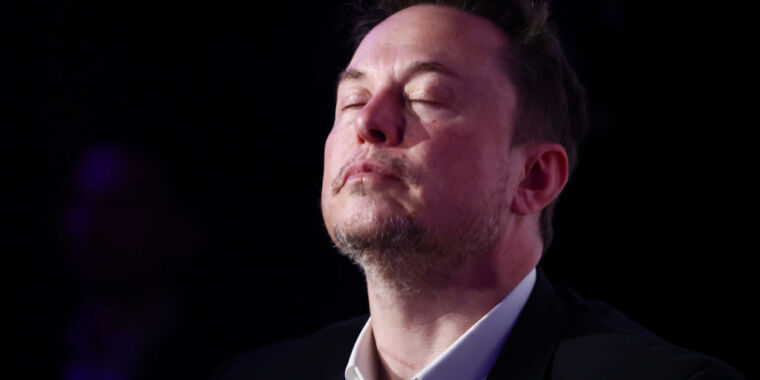Elon Musk Defamation Case: A Detailed Analysis
Following allegations of defamation against Elon Musk by Ben Brody, a 22-year-old Jewish man erroneously linked to a neo-Nazi incident in tweets that Musk responded to last year, a contentious legal battle ensued. An intense Zoom deposition involving Musk, Brody, and their respective attorneys shed light on the complex issues at play.
Denial of Accusations
During the deposition, Musk vehemently denied any knowledge of Ben Brody, much to the incredulity of Brody’s attorney, Mark Bankston. When questioned about the perceived harm caused to Brody by Musk’s actions, Musk reiterated his lack of familiarity with the individual in question, dismissing the lawsuit as a ploy for financial gain.
Musk’s Motion to Dismiss:
Musk filed a motion to dismiss Brody’s case in January, asserting that the lawsuit aimed to stifle his freedom of speech under the guise of seeking monetary compensation. He contended that holding individuals liable for negligent speech could have a chilling effect on public discourse.
Defense and Counterarguments
Musk’s defense revolved around the interpretation of his tweet, which he claimed did not explicitly name or defame Brody. He argued that likening someone to another individual does not constitute an accusation of criminal behavior. However, Bankston challenged Musk’s rationale, pointing to the broader context in which right-wing influencers had linked Brody to the neo-Nazi incident.
Accuracy and Responsibility:
Bankston pressed Musk on the accuracy of his post, emphasizing the potential repercussions of spreading misinformation to a vast audience. Musk maintained his position that he strives for accuracy but downplayed the impact on Brody, citing a lack of ill intent.
Reputational Damage and Emotional Harm
Brody’s legal complaint highlighted the lasting impact of Musk’s social media engagement, alleging irreparable harm to his reputation and emotional well-being. Despite requests to remove the contentious post, Musk claimed no recollection of such appeals, indicating a disconnect between his actions and Brody’s concerns.
Ethical Considerations:
The ethical dilemma of balancing freedom of speech with the responsibility to verify information emerged as a central theme in the case. Musk’s assertion of benign intent clashed with the perceived harms suffered by Brody, underscoring the complexities of online discourse.
In conclusion, the Elon Musk defamation case underscores the nuanced interplay between speech, accountability, and reputational harm in the digital age. As legal proceedings unfold, the implications of this high-profile dispute reverberate across social media landscapes, raising critical questions about the role of individuals and platforms in shaping public narratives.
Image/Photo credit: source url





